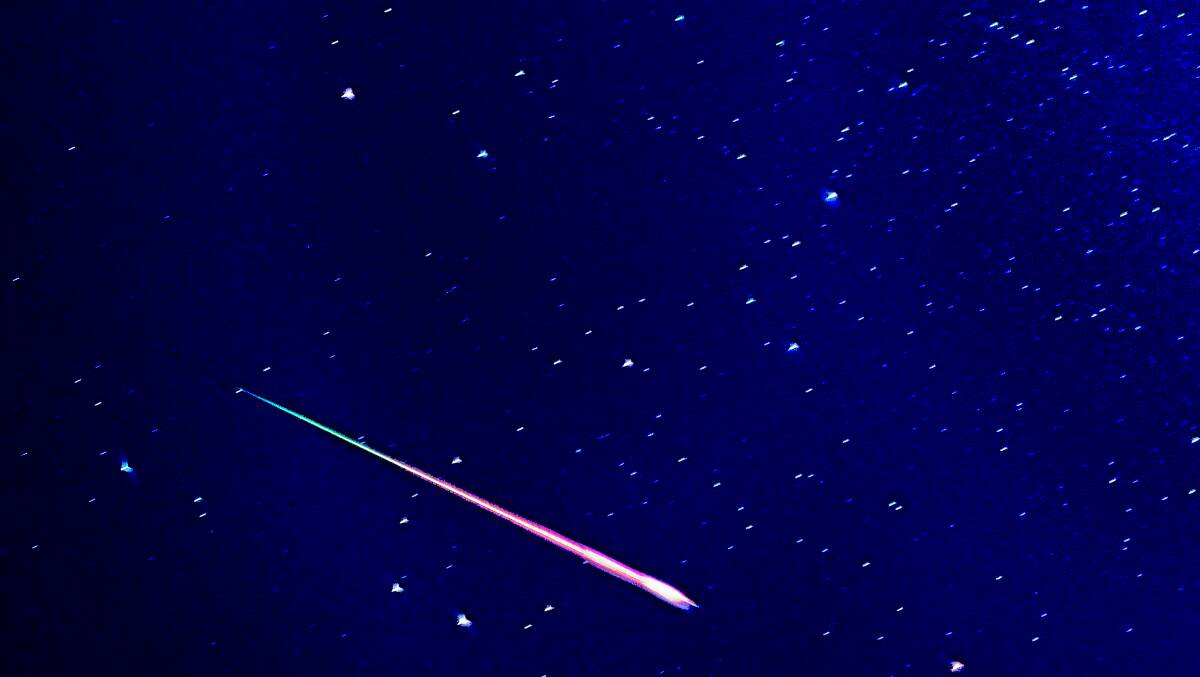
A dazzling meteor shower of celestial debris will light up the skies across the Southern Hemisphere from May 6.
The Eta Aquariid meteor shower typically occurs between mid April to mid May each year and is created by debris from Comet Halley.
It is the second of two meteor showers caused by Comet Halley but the strongest one in the Southern Hemisphere.
University of Southern Queensland PhD candidate and astronomer Donna Burton said the light show should be visible for a couple of mornings after the peak on May 6.
"If you have a dark sky you could see an average of 40 to 50 meteors per hour and 20 to 30 per hour in a suburban area," she said.
Ms Burton said the streaks of light were from leftover debris from the comet as it approached the sun.
She said the 'shooting star effect' occurs when the debris hits the Earth's atmosphere in its orbit around the sun.
The shower was named after Aquarius as it appeared to have emerged from its namesake constellation.
"They are pretty awe-inspiring when you see a really good one," Ms Burton said.
Tips to catch a shooting star
Ms Burton said most Australians would have missed out on the show on May 6 with poor weather conditions but she was hopeful the evening could bring clearer skies.
She said that because a new moon was on the way, the light show could be particularly prominent.
If you were hoping to catch the show, an early morning (or very late night) was a must, Ms Burton said.
"You will need to get up early in the morning around three or four am local time," she said.
"You do need to be away from the city lights or at least be able to shield some light. You don't need to look anywhere in particular, just up."
She said star-gazers would need to give their eyes 15 to 20 minutes to adjust to the darkness.


